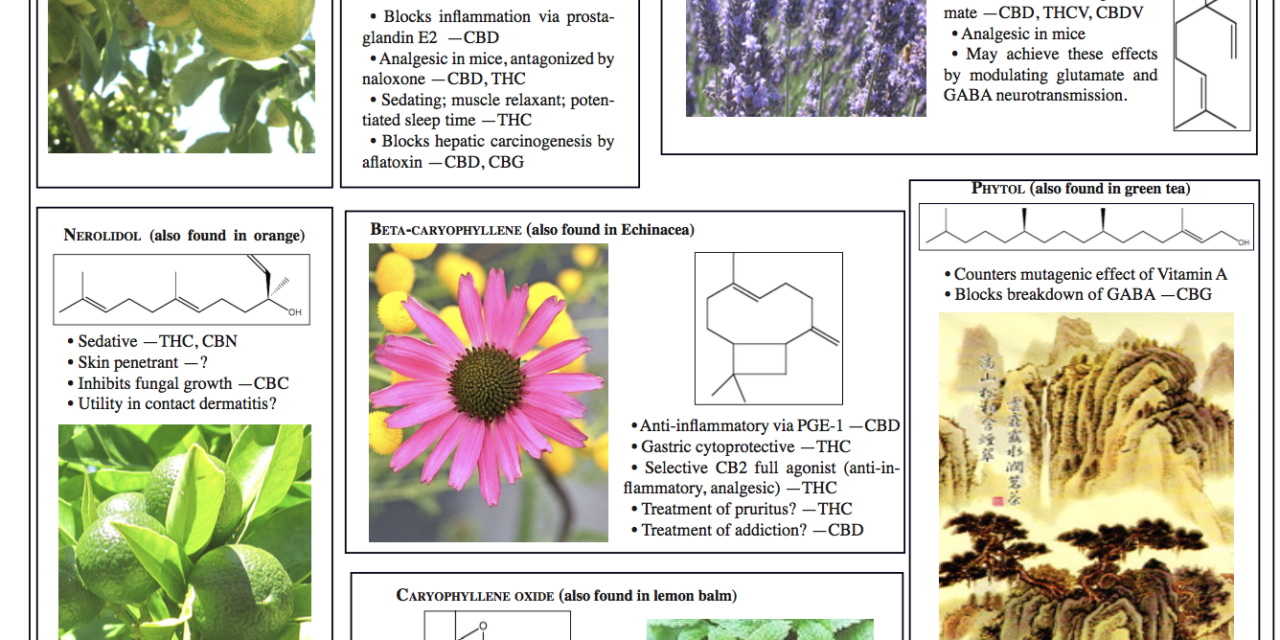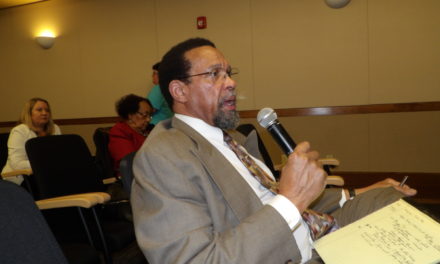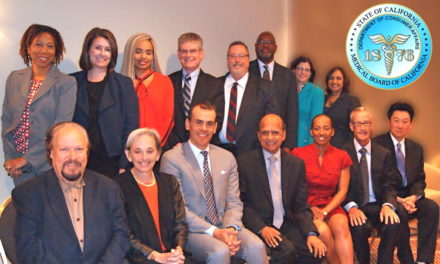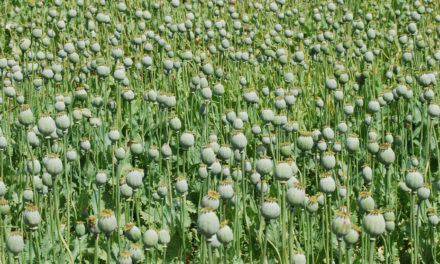Bureau of Cannabis Control
Attention: Sara Gardner
1625 North Market Boulevard, Suite S-202
Sacramento, CA 95834
September 28, 2017
Subject: Comment on the draft CEQA IS/ND report
Dear Ms. Gardner,
We are writing as board members of the Society of Cannabis Clinicians (SCC)1. We have recently reviewed a copy of the draft CEQA document that has been submitted for public comment.
We are deeply concerned about section 3.5.2, Substances Requiring Analysis, Terpenes and Terpenoids. While Prop 64 and previous State laws on medical cannabis, required testing for “The terpenes described in the most current version of the cannabis inflorescence monograph published by the American Herbal Pharmacopoeia” (section 26101 (E)), it appears that this requirement has been dropped from the draft CEQA document . In our opinion, this is a serious mistake that requires rectification and subsequent reinstatement into the regulations governing Substances Requiring Analysis. It has become increasingly clear that terpenoids have a major role in the identification and confirmation of cannabis strains (see: Cannabinoids and Terpenes as Chemotaxonomic Markers in Cannabis. Elzinga S, et al., Natural Products Chemistry & Research. 2015, 3:4), but more importantly have synergistic effects on cannabinoid therapeutic effects (see: Taming THC: potential cannabis synergy and phytocannabinoid-terpenoid entourage effects. Russo, Ethan B., British Journal of Pharmacology. 2011, 163: 1344-1364).
With no terpenoid testing, our understanding of the myriad properties of cannabis will be significantly handicapped. Adult and medical users will not be able to sufficiently confirm that the product they are getting is indeed what it is labeled. The science of medicinal cannabis is rapidly evolving. Elaborating the chemical profile (cannabinoids and terpenoids) is fundamental to strain identification and anticipating the effects (both adult use and medical). Cannabis has been rightly described as a “pharmaceutical treasure trove” with diverse medicinal properties.
Moreover, laboratory testing costs for terpenoids has decreased significantly in the last few years and should not be seen as a significant financial burden. Mandating terpenoid testing will decrease laboratory costs even further as scale increases. Investment in this area by cultivators and manufacturers will not only benefit them, but also all users (adults and patients).
As physicians, we can attest to the need on the part of doctors making recommendations. If the terpenoid profile is not known, patient treatment will be less than optimal. Removing mandatory terpenoid testing will undermine our ability to accurately and effectively treat our patients. It has long been known that terpenoids have their own therapeutic impact and that scientific understanding continues to grow (see: Recent developments in the bioactivity of mono- and diterpenes: anticancer and antimicrobial activity. Greay SJ and Hammer KA, Phytochemical Review. 2015, 14:1-6; Terpenoids: natural products for cancer therapy. Huang, M, et al., Expert Opinion in Investigational Drugs. 2012, 21(12):1801-1818). These need to be matched with cannabinoid effects to maximize cannabis’s overall therapeutic benefits. Recognition of terpenoids’ independent therapeutic assistance is completely missing in the CEQA document and needs to be part of its considerations.
Please reinstate the original testing requirements for terpenoids. Consumers, patients, and doctors need this information. In our opinion, it should not be seen as an option, but as part and parcel of our rights as California citizens to be well informed and safe.
Thank you.
Sincerely,
Jeff Hergenrather, MD, President SCC
Joe D. Goldstrich, MD, FACC, Board Member SCC
Benson Hausman, MD, MPH, Board Member SCC
Stephen S. Robinson, MD, MPH, Board Member SCC
Genester Wilson-King MD, FACOG, Board Member SCC
Cc: Lori Ajax, Chief, Bureau of Medical Cannabis Regulation
Kimberley Kirchmeyer, Executive Director, Medical Board of California
Jim Wood, California Assemblymember
Rob Bonta, California Assemblymember
Ken Cooley, California Assemblymember
Reginald Byron Jones-Sawyer, California Assemblymember
Tom Lackey, California Assemblymember
Mike McGuire, California State Senator
1The Society of Cannabis Clinicians (SCC) is an educational and scientific society of physicians and other health professionals dedicated to the promotion, protection and support of cannabis for medical use. The goals of the Society include:
• Expansion of knowledge on the medical use of cannabis
• Facilitation of best practice standards for cannabis consultations
• To study, discuss and make recommendations relating to research, practice and policy in the medical use of cannabis
• To maintain and advance the highest ideals and service standards in the education, practice and research in the medical use of cannabis.
SCC founder Tod Mikuriya, MD, provided the medical input to develop Health & Safety Code 11362.5 (The “Compassionate Use Act of 1996”). Since 2003, the SCC has sponsored the publication of O’Shaughnessy’s, The Journal of Cannabis in Clinical Practice. In 2014 the SCC developed the first accredited online CME program devoted to clinical cannabinoid medicine.
Today the SCC represents over 270 physicians in 24 states, five countries, on three continents, with an accumulated experience of several thousand patient-years dealing with medicinal cannabis. SCC members have monitored cannabis use by hundreds of thousands treating a wide variety of medical conditions.





